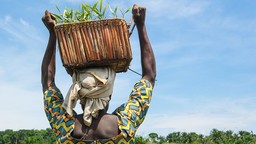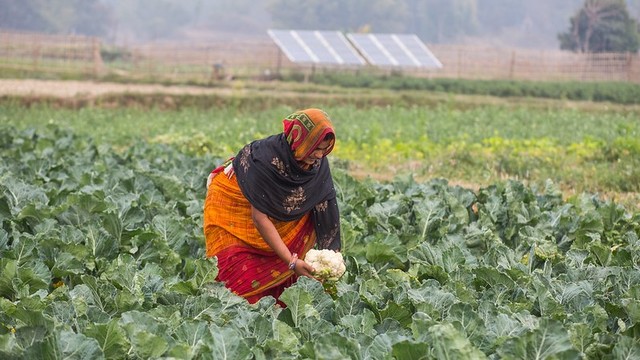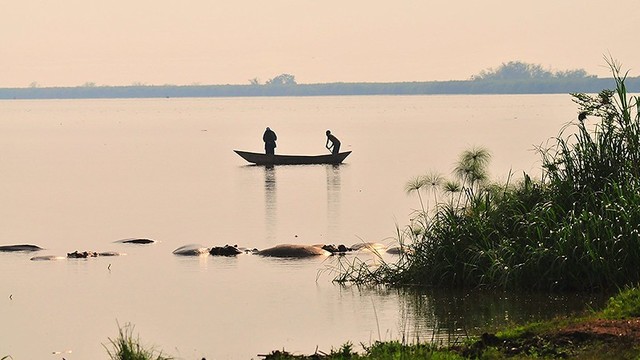Catalysing research, innovation and action for people and nature to thrive
A five-year programme to fund research-to-action initiatives in sub-Saharan Africa, South Asia and Southeast Asia to restore ecosystems and reverse environmental degradation. The first grant call was put out in June 2023.

Woman collecting plant life from the water in Zhengzhou, China (Photo: Jean Beller via Unsplash)
The Reversing Environmental Degradation in Africa and Asia (REDAA) programme catalyses research, innovation and action to help people and nature thrive together. Through a series of grant calls, it works at local, national and regional levels in Africa and Asia to support knowledge generation and learning across sectors.
What is IIED doing?
IIED manages the REDAA programme, which is funded by UK Aid from the UK’s Foreign, Commonwealth and Development Office.
IIED has conducted regional consultations and commissioned scoping studies to find out more where the gaps are in innovation and research. The findings from these activities are informing REDAA’s grant calls, and IIED is making sure that the funding opportunity is widely disseminated and that grants awarded are assisting the programme in achieving its aims.
REDAA grants fund work that is interdisciplinary, often locally led and focused on solutions for ecosystem restoration and wildlife protection, helping people and nature to thrive together in times of climate, resource and fiscal insecurity.
This is an opportunity for civil society organisations, business networks and research teams to improve how nature is managed and ensure local communities can access and make the most of critical ecosystem services.
What kind of initiatives does it fund?
Grants are awarded to initiatives for improving evidence, creating new tools or strengthening governance systems to support actions that are nature positive, strengthen local livelihoods and tackle the impacts of climate change.
Grantees are offered a range of support. This might be, for example, around research methodologies, project monitoring and evaluation, reporting, strategic communications, and learning and networking with other grantees.
Through what it supports and the learning it shares and communicates, the programme aims to help policymakers, practitioners and people in business to have a better understanding of natural landscapes, prioritise more ambitious sustainable strategies and allocate the right financial and human resources to take action.
First call
In June 2023, REDAA launched its first grant call. It received more than 1,200 applications, and 21 locally led research-to-action initiatives have now been awarded funding ranging between £200,000 to £500,000. Taking place across 17 countries in sub-Saharan Africa and South and Southeast Asia, these initiatives address integrated action for nature, climate, and people. Meet the first cohort of REDAA grantees.
Subsequent grant calls will also include additional grant types, including smaller ‘catalytic’ grants and bigger ‘programme’ grants.
The REDAA programme runs until 2028.



